Families across Burundi are grappling with soaring food prices, which have doubled or tripled in recent weeks, leaving many struggling to afford basic necessities. The crisis has sparked concern among citizens and civil society organizations, with calls for the government to take urgent action.
The price hikes are dramatic: recently, the price for a kilogram of meat has risen from 18,000 BIF to 30,000 BIF, medium-quality rice now costs between 4,600 BIF and 5,000 BIF (up from 3,500 BIF), and potatoes have jumped from 1,700 BIF per kilogram to as high as 3,000 BIF in just four months. These increases are linked to persistent fuel shortages and a lack of foreign currency, according to residents and consumer rights groups.
The situation is dire for families, many of whom report being unable to feed their children properly. Some children now eat only one meal per day, raising fears about school dropout rates due to hunger. One parent shared, “It’s becoming impossible to feed my children three meals a day. Some might have to quit school because of this.”
University students are also struggling. Claudette M, a third-year law student at the University of Burundi, recounted going three consecutive days without food. “I’ve faced challenges before, but this hunger crisis is extraordinary,” she said.
Civil Society Sounds the Alarm
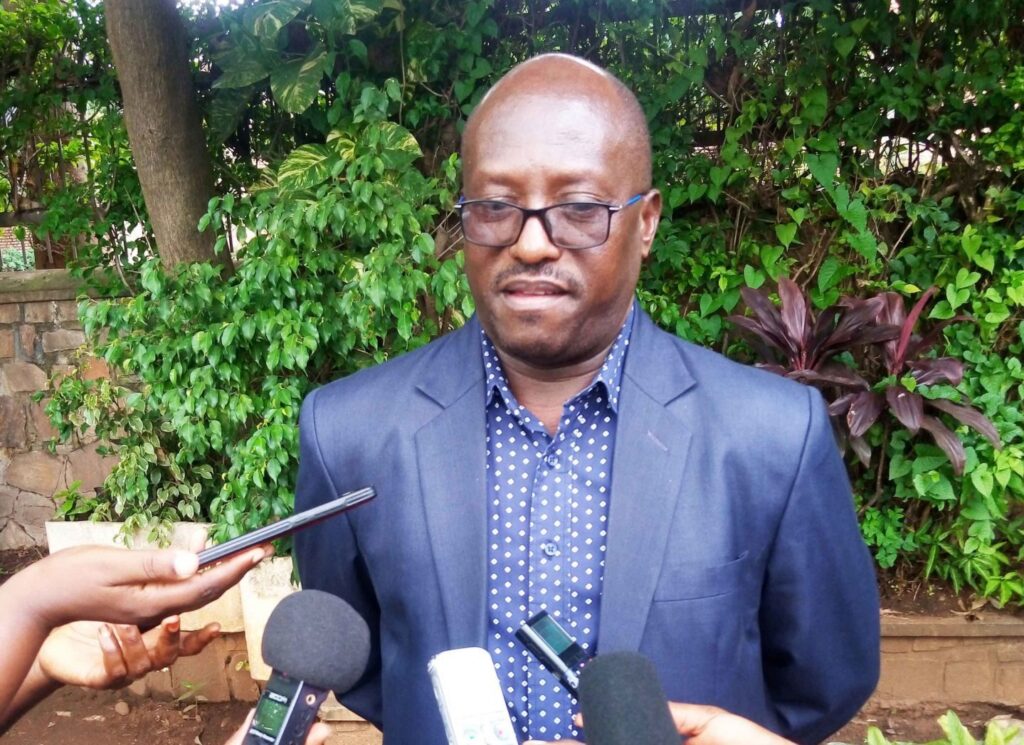
The Burundian Association of Consumers (ABUCO) has criticized unregulated pricing by merchants, who factor in the volatile exchange rate of the Burundian franc against the parallel market. Noel Nkurunziza, ABUCO’s Secretary-General, warned that this trend is destabilizing households and endangering consumers. He urged the government to stabilize the currency and curb reliance on parallel markets.
The anti-corruption watchdog OLUCOME highlighted that the prices of essential goods have risen by 20% to 400%. Its chairman, Gabriel Rufyiri, has repeatedly attributed the crisis to the scarcity of foreign currency and called for a task force of experts to develop sustainable solutions.
Economic policy expert Serges Ntirampebura accused high-ranking state officials of exploiting government resources for personal gain, exacerbating the crisis. “Some officials use state-provided resources to engage in unfair competition, driving up market prices,” he said during a media panel a few days ago. Ntirampebura called for strict enforcement of laws prohibiting state officials from engaging in commerce, emphasizing the need for structural reforms to prevent further economic distress.
As families brace for tougher times, civil society organizations are urging swift action to address this escalating crisis and protect the livelihoods of Burundi’s most vulnerable citizens.




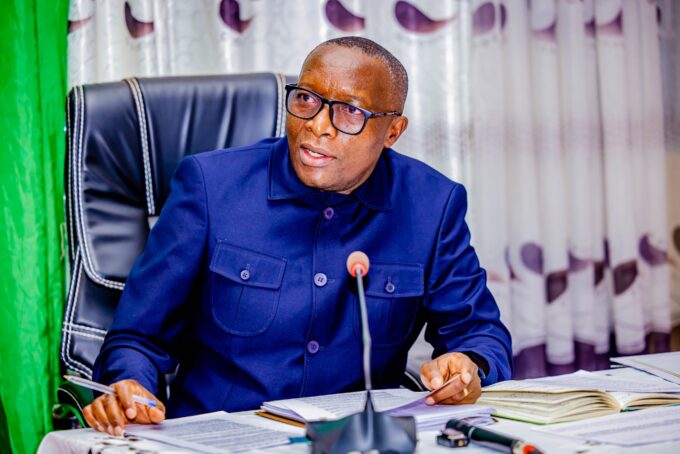
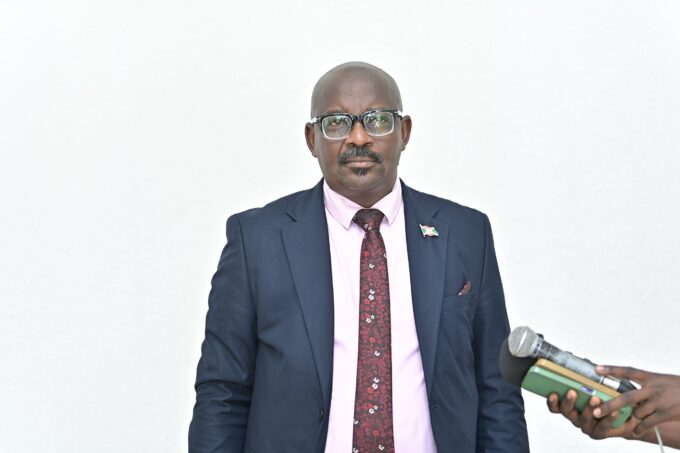
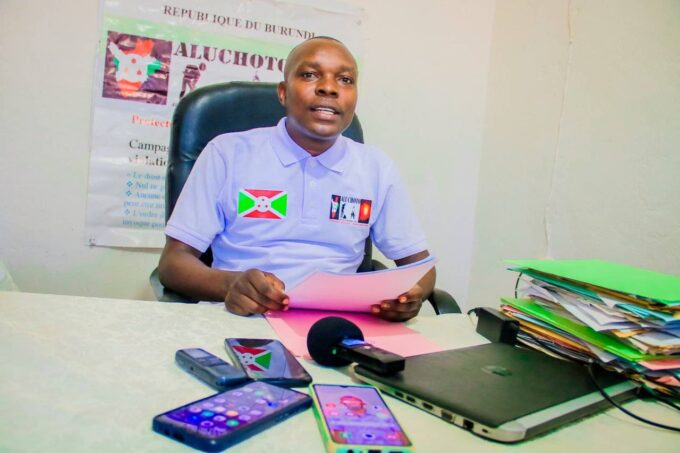
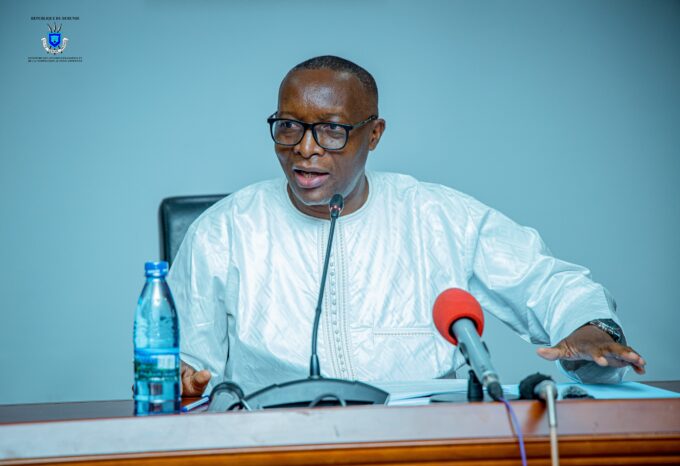
2 Comments